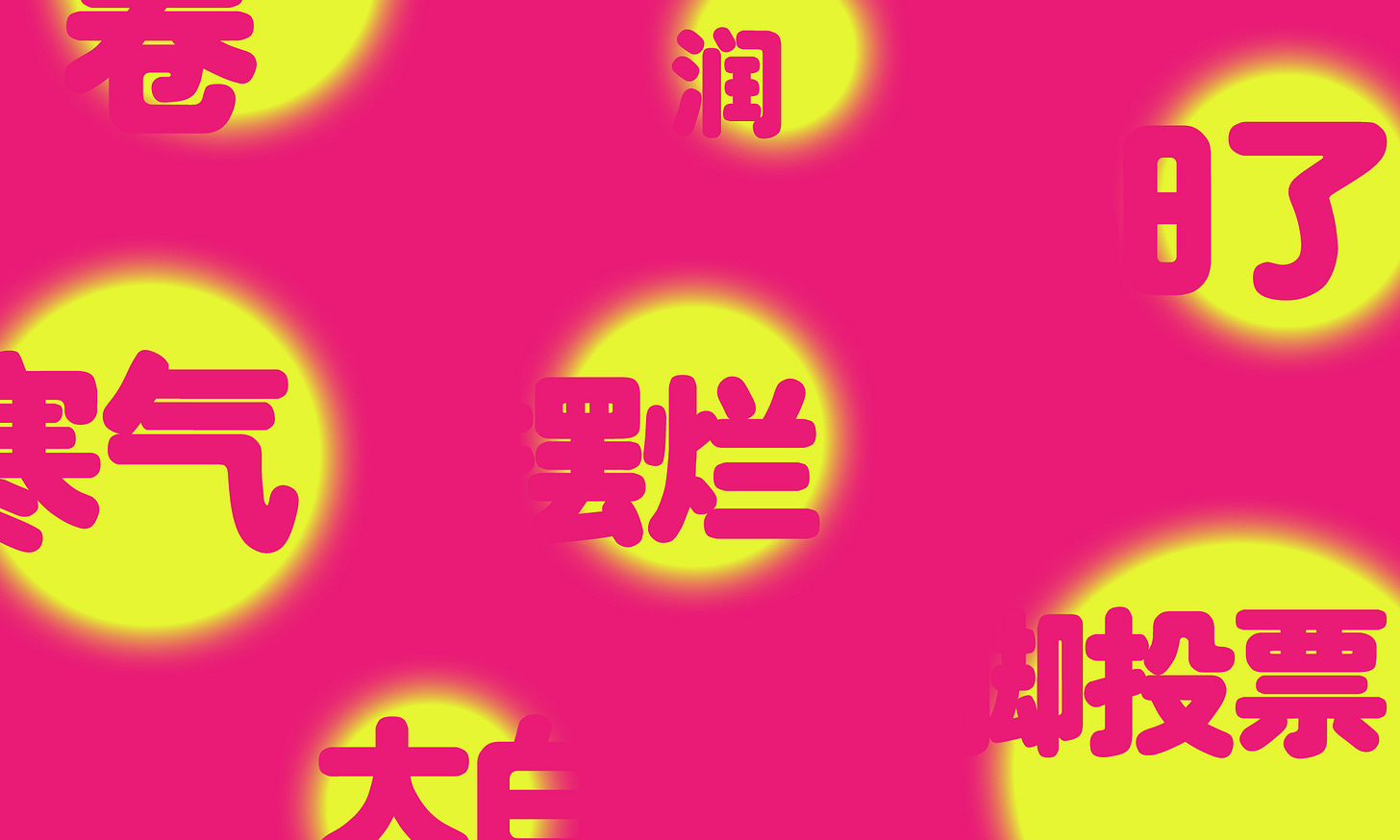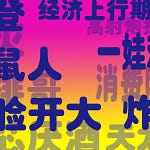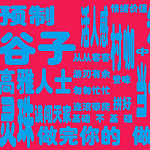Welcome to RealTime Mandarin—a multimedia resource to immerse you in the latest Chinese language trends, inspire you to practice and improve your Mandarin every week, and empower you to communicate with confidence.
Subscribe now to get the next issue straight to your inbox!
And that’s a wrap!
This is our final newsletter of 2022, and the 100th Slow Chinese since I first hit publish on 7 February 2021.
Over the last 100 Saturdays we’ve explored, explained, uncovered and translated nearly 2,400 modern Chinese words, phrases, idioms, poems, and slang words. Many of them are in no textbook, and some are so new you won’t find them in a dictionary either.
In this issue, we try to capture elements of what life has been like in China this year through 22 words and phrases from our archive.
Chosen from a handful of our (and your) favourite newsletters in the last 12 months, these words narrate small parts of a much bigger story of China in 2022: How it’s changing, the struggles and tensions in people’s lives, and the injustices and opportunities they face.
The Chinese language has a high metabolism. New words and phrases are invented all the time. And we’ve uncovered lots of them.
We’ve learned new idioms which capture a particular scandalous moment;
吴李取闹 wú lǐ qǔ nào - ‘Kris Wu and Li Yifeng cause a stir’
The name of a 1990’s Hong Kong movie which now describes the abuse of women trafficked across China;
盲山道德 mángshān dàodé - Blind Mountain Morals
And the story of an uncle who now defines the grit of a generation that overcame extreme poverty and hardship to succeed.
二舅 èr jiù - Second uncle
Beyond learning new words and phrases, as we’ve followed language trends through the year patterns have emerged which helped me (and hopefully you) understand modern China a little bit better.
We’ve discovered how some historical events, people, and influences have an outsized impact on how people think and communicate today:
The fall of the Han and Qing empires. Idiomatic language of battles, defeat, death, and betrayal from more 2,000 years ago; metaphors from the fall of China’s final crumbling and corrupt empire in the late 19th and early 20th centuries;
The words of Lu Xun. The 20th-century writer’s observations on ignorance, poverty, power, and the abuse of it;
Censorship. The control of the media and social media, which means people get creative with new idioms, acronyms, phrases and slang words to get their point across.
So that’s what we explore in todays newsletter.
Many of the 22 words and phrases here have appeared at least in one Slow Chinese this year, or come up when reading into multiple stories.
So they not only go some way to define China in 2022, they’re also useful!
As an extra challenge, I’ve intentionally avoided using words from hot internet and buzzwords from 2022 published last week, The China Project’s top idioms of the year, and our top 21 words of 2021.
Enjoy and Happy New Year!
1. Favourite Five of 2022
1. 润 rùn
run
哦,冯小刚已经润了 - Oh - Feng Xiaogang has already legged it.
Context: Sounding like the English 'run', we discussed this internet slang word in The Great escape in conversations about hundreds of workers fleeing a Foxconn (富士康 fù shì kāng) factory in Zhèngzhōu 郑州 after a COVID outbreak and lockdown.
2. 寒气 hán qì
a winter chill
逼这个业务自杀,把寒气传递下去 - Force the business unit to close itself down, spreading the cold winter chill across the company.
Background: In Winter is coming a leaked internal memo from Huawei founder, Rén Zhèngfēi 任正非, painted a bleak economic picture of China. ‘A winter chill’ became an iconic phrase capturing the mood about just how bad China’s economy has got in 2022.
3. 摆烂 bǎi làn
let things rot; things couldn’t get any worse
确实就是这么个道理,不让裁员不让降薪,那就只能破产了,大家一起摆烂一起吃低保,难道评论区的人的工作就能保住吗 - He really does have a point. If companies can’t lay people off or cut their salaries, the only other option is to go bust. We let things get to their worst, and live off a basic allowance. Will the people commenting here really be able to keep their jobs?
Background: ‘Let it rot’ was a hot word of 2022 among young people. In It’s the economy stupid Tencent Holdings founder, Pony Ma Huateng (马化腾 mǎ huà téng), sparked online debate about economic difficulties caused by zero-COVID policy.
4. 用脚投票 yòng jiǎo tóu piào
vote with your feet
富士康作为制造业的代表,员工用脚投票表明自己的态度,不要清零 - Employees of Foxconn, the symbol of China's manufacturing industry, have voted with their feet: They don't accept the Zero COVID policy of the company.
Background: We first discussed this idiom in The Great escape. Originally an American idiom. It described not only the actions of Foxconn employees escaping a factory in lockdown, but also how many young people took to the streets in November’s protests.
5. 星星之火,可以燎原 xīng xīng zhī huǒ, kě yǐ liáo yuán
a small flame can start a raging fire
矛盾不是靠打压就能根除的,星星之火终会发展成燎原之势 - Social tensions cannot simply be squashed. A small flame could turn into a raging inferno.
Background: In Eating people we followed the language used by protesters in Beijing and other cities across China. This iconic phrase, which first appeared in The Book of Documents (尚书 shàngshū) more than 2,000 years ago, was used by Máo Zédōng 毛泽东 in 1930 as he described the potential of the Red Army.
Consuming the conversations of 2022
Useful words
6. 卷 juǎn
tough
被网友们称为“最卷直播间”,俞敏洪创办的东方甄选,又把直播带货玩出新高度 - Described as the toughest live-streaming studio, Yu Minhong’s Oriental Select has taken live-stream e-commerce to new heights.
Background: In Back from the Dead we explored the remarkable story of how Yú Mǐnhóng 俞敏洪, the founder of New Oriental (新东方 xīn dōng fāng), pivoted to live-streaming selling agricultural products. ‘Juǎn’ is how people characterised his persistence. The word has evolved from 内卷 nèi juǎn, involuted, meaning intense social competition.















